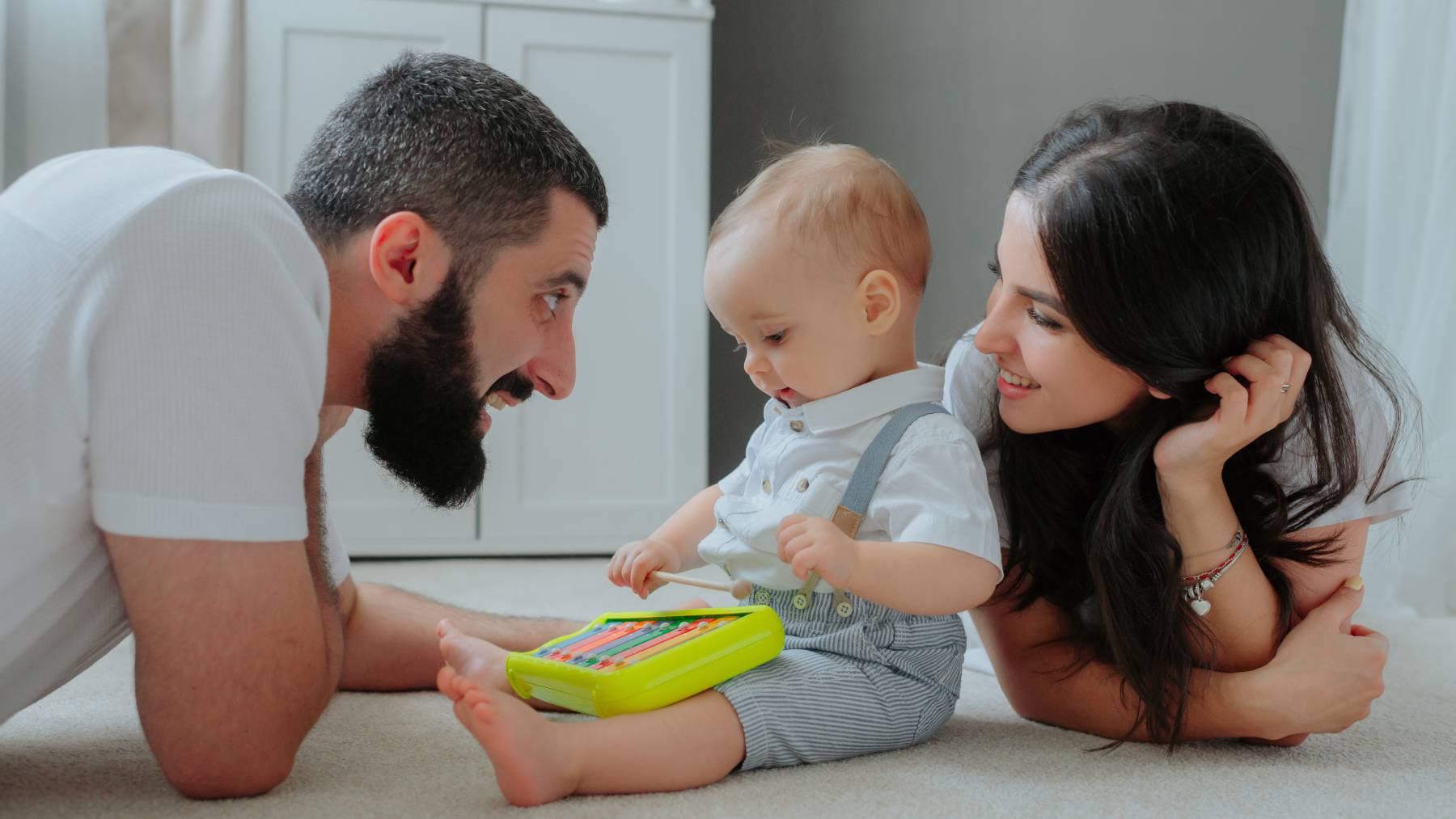Some parents try to protect their children from difficulties, but being overly involved can do more harm than good. Helicopter parents often micromanage their kids’ lives, which can keep them from learning to be independent and responsible.
These common behaviors, often seen as caring, can actually limit a child’s chance to grow. Recognizing these habits is key to supporting children in building confidence and resilience.
How helicopter parents intervene in their children’s conflicts
One of the most common habits of helicopter parents is stepping in to resolve their children’s conflicts. Whether it’s a fight with a friend or a problem at school, the instinct to protect can lead parents to intervene directly. However, this approach can prevent children from developing essential skills like conflict resolution and emotional regulation.
By taking over these situations, parents may unintentionally send the message that their children are not capable of handling issues on their own. This can limit a child’s opportunity to develop emotional regulation, communication skills, and problem-solving abilities.
The importance of allowing children to handle conflicts
Allowing children to work through disputes teaches them important lessons about empathy, negotiation, and accountability. These are skills that form the foundation for healthy relationships later in life. Moreover, when parents step back, children gain a sense of autonomy and confidence, learning that their voice matters and that they can influence outcomes through their actions.
When children face conflicts, they have the opportunity to learn how to manage disagreements, express their feelings, and find solutions. Facing and resolving conflicts helps kids build resilience and prepares them to handle future challenges, both socially and academically.
The risks of over-involvement
Constantly intervening in children’s conflicts can have several negative effects. It can lead to increased anxiety, as children may feel incapable of handling situations without parental assistance. Additionally, it can hinder the development of problem-solving skills and the ability to cope with adversity.
Strategies for parents
To support children in developing conflict resolution skills, parents can:
-
Encourage open communication: create an environment where children feel comfortable expressing their feelings and discussing issues.
-
Teach problem-solving: help children brainstorm potential solutions to conflicts and guide them in evaluating the pros and cons of each option.
-
Allow natural consequences: let children experience the outcomes of their actions, when appropriate, to learn from their mistakes.
-
Provide guidance, not solutions: offer advice and support, but avoid taking control of the situation.
Ultimately, stepping back from daily conflicts allows children to build the skills they need to navigate life confidently. It empowers them to handle difficult emotions, communicate effectively, and solve problems independently.
While it’s natural for parents to want to protect their kids, fostering autonomy in managing disagreements prepares them for future challenges. By resisting the urge to intervene constantly, parents can support their children’s growth into self-reliant, emotionally intelligent adults ready to face the world on their own terms.

